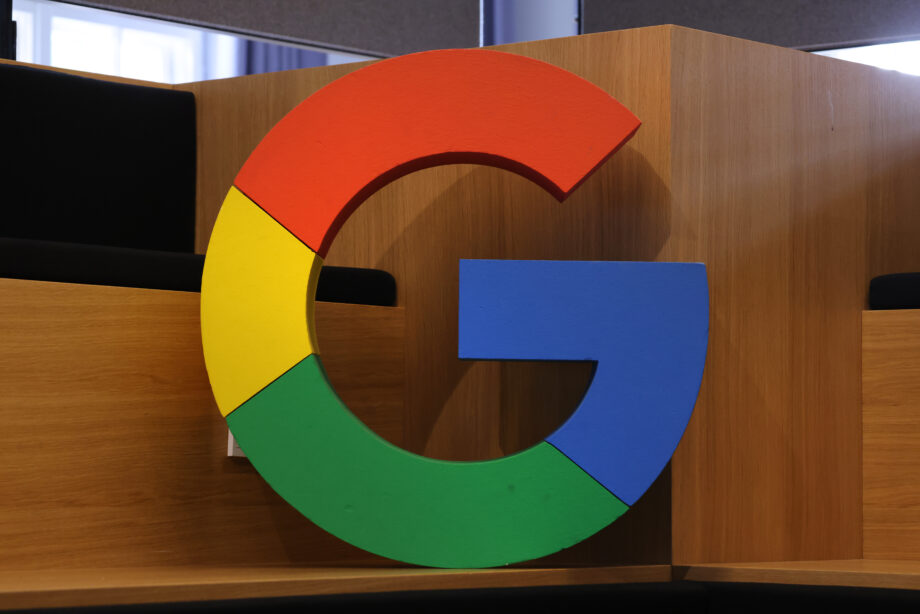- Google.org launches $20M generative AI accelerator program to fund nonprofits developing tech leveraging generative AI
- Program includes 21 nonprofits like Quill.org and World Bank, offering grants, technical training, workshops, mentors, and guidance from an “AI coach”
- Google.org fellowship program will involve Google employees working full-time with Tarjimly, Benefits Data Trust, and mRelief to help launch their generative AI tools
- Generative AI can enhance social impact teams’ productivity, creativity, and effectiveness in serving communities
- Nonprofits face barriers in adopting AI due to cost, resources, and time constraints, but interest in AI innovation aligning with missions is high
Google.org Launches $20M Generative AI Accelerator Program
Google.org, Google’s charitable wing, is set to revolutionize the tech world with the launch of a groundbreaking program aimed at supporting nonprofits that are developing innovative technology utilizing generative AI. The initiative, aptly named Google.org Accelerator: Generative AI, will be backed by an impressive $20 million in grants.
Program Details and Participants
The Google.org Accelerator: Generative AI program is poised to make a significant impact with its initial cohort of 21 nonprofits. Among the selected participants are trailblazers like Quill.org, a company focused on creating AI-powered tools to provide valuable writing feedback to students. Additionally, the World Bank is part of the lineup, working on a generative AI application that aims to enhance the accessibility of development research.
As part of the six-month accelerator program, these nonprofits will not only receive crucial funding but will also have access to a range of resources. From technical training and workshops to mentorship and guidance from an experienced “AI coach,” the program is designed to empower these organizations to harness the potential of generative AI effectively. Moreover, through Google.org’s fellowship program, dedicated teams of Google employees will collaborate full-time with three selected nonprofits—Tarjimly, Benefits Data Trust, and mRelief—to help bring their generative AI tools to fruition.
Related Video

Tarjimly, one of the participating nonprofits, aims to leverage AI to provide language translation services for refugees. On the other hand, Benefits Data Trust is working on developing AI assistants to support caseworkers in assisting low-income individuals with enrolling in public benefits. Meanwhile, mRelief is focused on streamlining the U.S. SNAP benefits application process through innovative AI solutions.
The Impact of Generative AI on Nonprofit Organizations
Annie Lewin, the director of global advocacy at Google.org, highlighted the transformative potential of generative AI for social impact teams. In a blog post, she emphasized how AI technologies can significantly enhance the productivity, creativity, and effectiveness of nonprofits in serving their communities. Lewin noted that Google.org funding recipients have reported achieving their objectives in a third of the time and at nearly half the cost, thanks to AI integration.
According to a survey by PwrdBy, a staggering 73% of nonprofits believe that AI innovation is aligned with their missions, with 75% acknowledging that AI has simplified their operations. Particularly in areas such as donor categorization, routine back-office tasks, and mission-driven initiatives, AI has proven to be a game-changer for nonprofit organizations.
However, despite the evident benefits, nonprofits face substantial challenges when it comes to developing their AI solutions or adopting existing AI products. The key obstacles include cost implications, resource constraints, and time limitations. Lewin referenced a Google.org survey, revealing that while the majority of nonprofits recognize the potential of generative AI in their work, nearly half are not currently utilizing the technology due to various internal and external barriers.
The Rise of Nonprofit AI Startups and Ethical Approaches to AI
Encouragingly, there is a growing trend of nonprofit startups focusing on AI innovation. Fast Forward, a nonprofit accelerator, disclosed that in its recent application cycle, over a third of the applicants were AI companies—a testament to the increasing interest in leveraging AI for social impact. Additionally, reports from Crunchbase indicate a surge in nonprofit organizations worldwide dedicated to exploring ethical approaches to AI.
Organizations such as the AI ethics lab AlgorithmWatch, the virtual reading clinic JoyEducation, and the conservation advocacy group Earth05 are actively engaged in developing AI solutions that prioritize ethical considerations. These initiatives underscore the importance of ethical frameworks and responsible AI practices in leveraging technology for social good.
Google.org’s Generative AI Accelerator Program represents a significant milestone in empowering nonprofits to harness the potential of AI for social impact. By providing crucial support, guidance, and resources, the program is poised to drive innovation and create positive change in communities worldwide.
Links to additional Resources: 1. https://www.google.org/ 2. https://www.openai.com/ 3. https://www.deepmind.com/